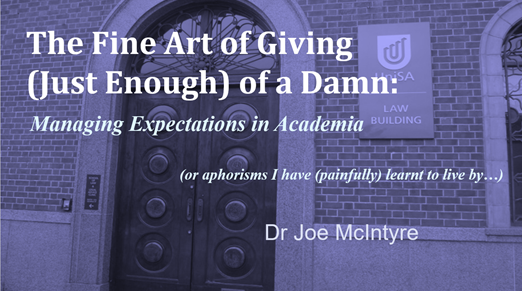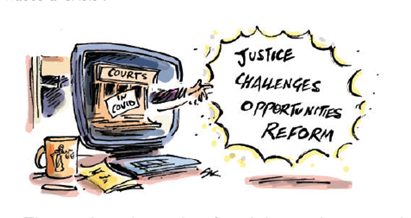I want to do a shout out to all the awesome @AcademicChatter #pandemicademia people out there struggling with their research, but still finding time to support each other
https://twitter.com/juliettemm/status/1248051524271394817
My awesome wife @juliettemm was feeling the pressure of full time academic, full time mum, part time PhD + emotional support during #pandemic.
#lawtwitter and #AcademicTwitter - thank you for stepping up
#lawtwitter and #AcademicTwitter - thank you for stepping up
I know you don't do it for the thanks - but major thanks to: @DrKatyBarnett @zeerobs @TheDSingularity @allinote @kimparker500 @DulciDomi @RDReflections @DAWJoyce @Jane3Russell @EvaHesping @prepper_doctor @NerdyJenChan @DrDaynaManiccia @sophiejrigney @4th_wheel @Clariss04468704
@CormanCrosby @apricot24 @utbui20 @PopMaticsProf @hishamzerriffi @MarieA_St @sangpillai @JonathanShedler @Ria_Hopkins
It is so heartening to see the reflexive support
It is so heartening to see the reflexive support
IMHO feeling like it is all too much is a completely normal response to these abnormal and abhorrent times - it is important to recognise
But that doesn't mean we don't really feel it. A PhD at the best of times is exhausting, and this is so far from the best of times
But that doesn't mean we don't really feel it. A PhD at the best of times is exhausting, and this is so far from the best of times
#staysafe everyone, and take this weekend to look after yourself. Awesome research will happen again soon, but ok if not now!!
• • •
Missing some Tweet in this thread? You can try to
force a refresh










